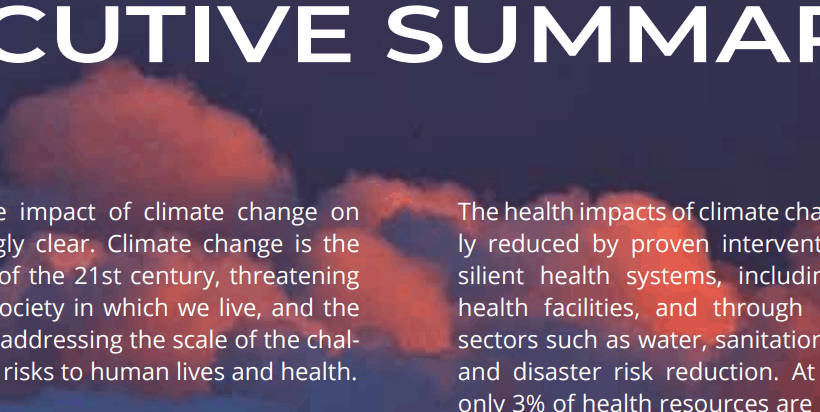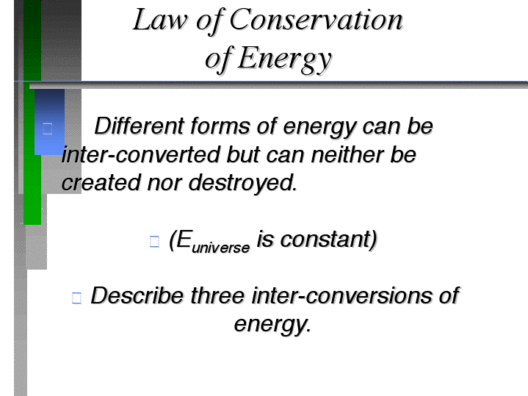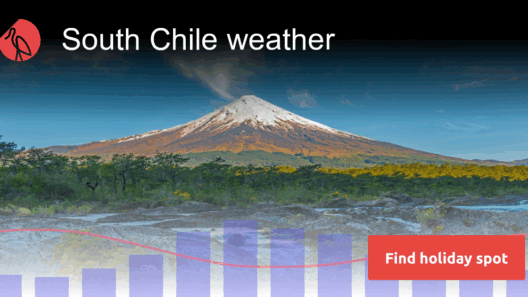In recent years, the impact of climate change has shifted from being a distant concern to an alarming reality, and organizations like the World Health Organization (WHO) are at the forefront of addressing these pressing issues. The intersection of public health and environmental change is a critical area of understanding, as the implications of climate change extend far beyond rising temperatures and melting ice caps. This analysis sheds light on the WHO’s insights regarding climate change, elevating the discourse surrounding public health in the context of an evolving environment.
The WHO posits that climate change poses one of the greatest threats to global health. The repercussions are multifaceted, impacting both physical and mental well-being, and leading to increased morbidity and mortality across populations. This assertion is not merely a statement of concern; it’s rooted in empirical data reflecting how climate variables influence health outcomes. As we progress into an era characterized by unprecedented climatic alterations, recognizing the nuances of these impacts becomes paramount.
One of the most critical areas of concern linked to climate change is the proliferation of infectious diseases. Warmer temperatures can expand the habitats of vectors like mosquitoes and ticks, which are carriers of diseases such as malaria, dengue fever, and Lyme disease. The WHO has projected that climate change could facilitate the spread of these diseases into regions previously considered safe. Moreover, extreme weather events—not only droughts and floods but also hurricanes—are exacerbating the transmission of infectious diseases through the disruption of health systems, water supply, and sanitation. When explored deeply, this raises serious questions about preparedness and response strategies in health infrastructure worldwide.
Furthermore, climate change significantly affects nutrition—a vital component of public health. Agricultural productivity is intricately linked to climatic conditions. Changing weather patterns disrupt growing seasons and yield, consequently affecting food security and quality. The WHO emphasizes that malnutrition—both undernutrition and obesity—will be intensified as populations grapple with food scarcity and nutritional deficiencies, leading to broader health challenges. As the global community faces this dilemma, the urgency to innovate agricultural practices and address food distribution inequities becomes evident.
Air quality represents another critical nexus between climate change and health. The WHO acknowledges that air pollution, exacerbated by climate change, is a leading cause of respiratory and cardiovascular diseases. Rising temperatures contribute to the formation of ground-level ozone, a harmful pollutant that has detrimental health effects, particularly in urban areas. The correlation between climate-related air quality deterioration and public health is evident, creating an undeniable impetus for policy action and innovation in environmental regulations. As cities continue to expand and traffic increases, the need to reassess air quality standards and implement stringent regulations becomes urgent.
Mental health, an often-overlooked aspect of public health, also suffers in the wake of climate change. The psychological impacts of extreme weather events—such as hurricanes, floods, and wildfires—can lead to anxiety, depression, and post-traumatic stress disorder among affected populations. Studies point to an increase in mental health issues following such disasters, further stressing the importance of integrating mental health support into disaster response and recovery efforts. The WHO’s focus on mental health in the context of climate change urges stakeholders to think holistically about the multifaceted nature of health crises.
The ramifications of climate change extend beyond health-specific challenges; they also inform social dynamics. Vulnerable and marginalized populations often bear the brunt of climate impacts, facing higher risks of health inequity. These populations include low-income communities, indigenous groups, and people with pre-existing health conditions. The WHO emphasizes the importance of social determinants of health, advocating for more equitable approaches to climate policy that recognize disparities and seek to alleviate them. As global leaders navigate the complexities of climate policy, integrating a health equity perspective remains crucial.
Addressing climate change from a public health perspective requires a paradigm shift in how we communicate and respond to these interconnected challenges. There is an urgent need for interdisciplinary collaboration that combines expertise from various sectors—health, environment, agriculture, and urban planning—to effectively devise and implement solutions. The WHO encourages the adoption of comprehensive strategies such as the “One Health” approach, which recognizes the interdependence of humans, animals, and the environment in fostering well-being. By broadening the scope of health initiatives to encompass environmental stewardship, communities can work towards more resilient future systems.
Moreover, public awareness and education play pivotal roles in empowering individuals and communities to engage in climate action. The WHO underscores the necessity of raising consciousness about the links between health and climate change through campaigns, public forums, and educational initiatives. By fostering an informed citizenry, societies can enhance advocacy for policies that prioritize sustainability in health outputs.
In conclusion, the WHO’s insights into the nexus of climate change and public health reveal the pressing need for acknowledgment and action. The intertwining of these two realms calls for innovative thinking, cohesive policies, and collaborative efforts that transcend traditional boundaries. The urgency to act is palpable, not only for the health of current generations but for the well-being of future ones. As a global community, the time is now to embrace this challenge, enhancing resilience and safeguarding public health against the inevitable tides of climate change.








